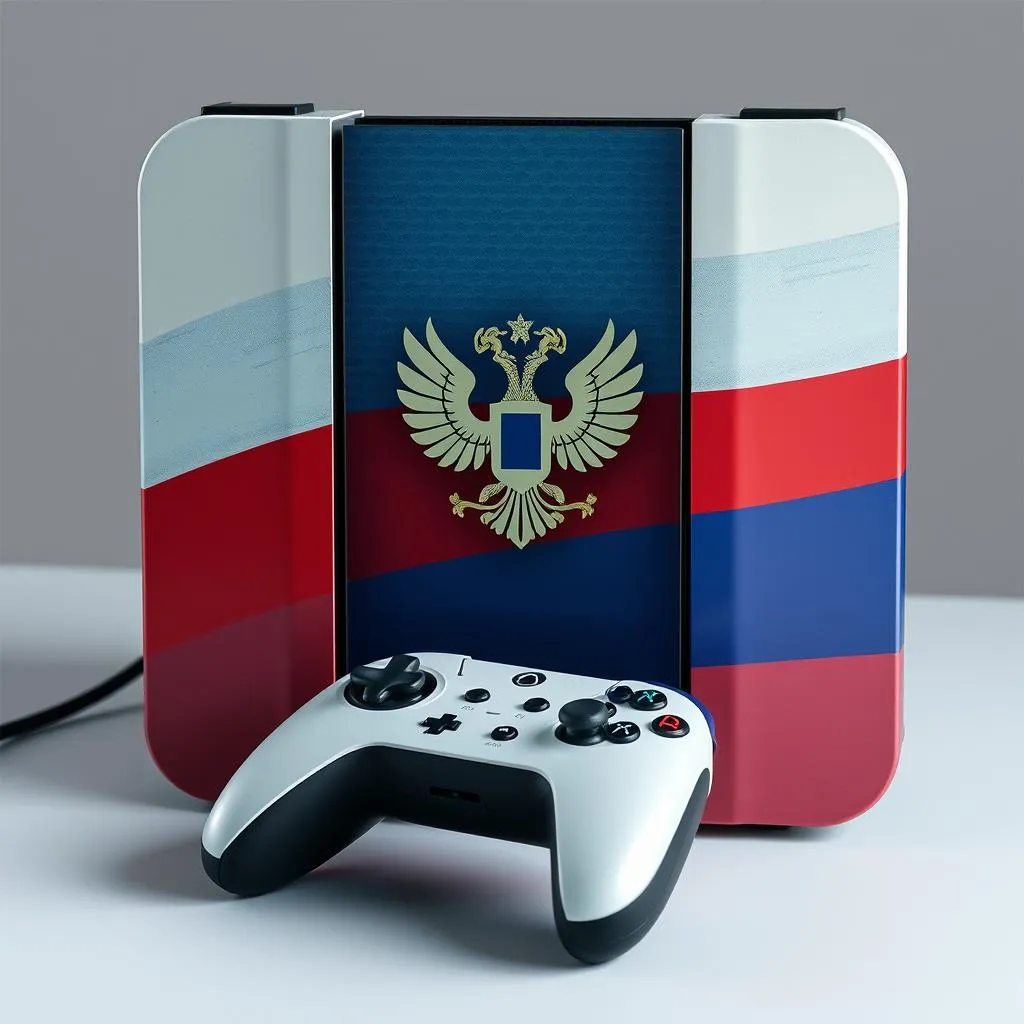Russia Strives for Technological Independence with Domestic Game Consoles

Russia is working to develop its own video game consoles as part of its efforts to achieve technological independence, though it is still reliant on China for some support.
On December 25, Anton Gorelkin, Deputy Chairman of the State Duma Committee on Information Policy, announced that the Ministry of Industry and Trade is developing a domestic video game console. This console is set to feature an Elbrus processor and will run on either Aurora or Alt Linux, both of which are Russian versions of the popular Linux operating system. The Elbrus processor, developed by the Moscow Center of SPARC Technologies, is primarily designed for defense and critical infrastructure, and although it won’t match the performance of modern consoles like the PS5 or Xbox, it will power the new system. Gorelkin stated that the console will not focus on ports of older games, but instead will feature "domestic video game products," signaling that Russia will need to cultivate its own game development industry to support this console.
Additionally, a cloud-gaming device called Fog Play is being developed. It allows users with high-end computers to rent out their systems to Fog Play owners, who can play games via streaming.
This initiative is part of Russia's broader plan to reduce dependence on foreign technology. In addition to these gaming efforts, Russia has been promoting Astra Linux for government, military, and educational use, and is developing its own platform, Multiscanner, to replace VirusTotal, a tool owned by Google, as part of its strategy to reduce digital reliance on Western companies.
Despite these efforts, Russia faces significant challenges in achieving technological independence. It still depends heavily on Chinese technology, with Chinese smartphones and electronics being widely used in Russia. Additionally, the country lacks the capabilities to produce processors that could compete with those used in the PS5 or Xbox, which limits its ability to reach the same level of technological development in the gaming industry.
Overall, while Russia’s move towards technological sovereignty is significant, it will likely continue to struggle with its reliance on foreign technologies and its inability to produce chips that match the performance of leading gaming consoles.

Comments